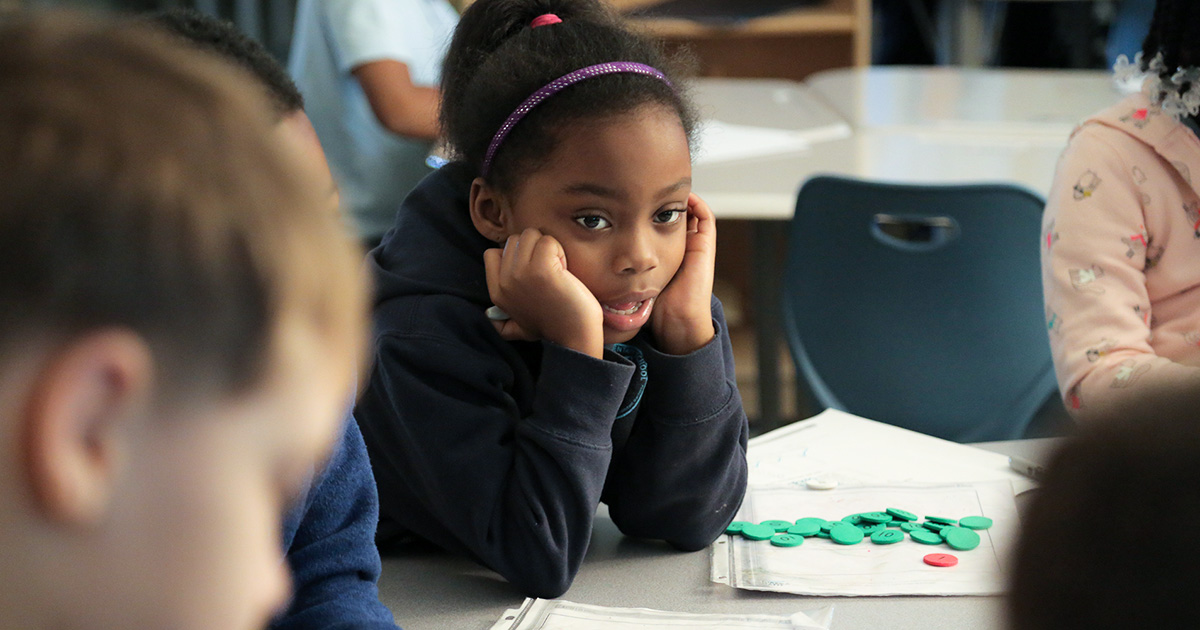In a previous post, I talked about the importance of going beyond the rhetoric to advance the conversation on evidence. This is true in a variety of sectors, but rarely do policy conversations become more weighed down by political rhetoric than when the dialogue turns to the role and impact of charter schools.
Charter schools were originally designed to be alternative public schools that would allow for greater experimentation and innovation within the public school system. As the number of charter schools has expanded to encompass more than 7,000 across the country, deeply entrenched views—fueled by a growing body of research—have surfaced about the ways in which charter schools either help or harm the public school system and whether more or less regulation is required to better help charters serve students and their communities.
In the latest Point/Counterpoint column for the Journal of Policy Analysis and Management, I asked two leading education researchers to consider the following:
- To what extent do charter schools promote, or interfere with, the public interest in K–12 education that justifies its public funding?
- Do charter schools help equalize educational opportunity?
- Should policymakers at a state or district level limit the size of the charter school sector?
Phil Gleason, a senior fellow at Mathematica, reviews the evidence and asserts that charter schools have stimulated critical experimentation and learning related to serving schoolchildren more effectively. He concludes with the following:
While the charter school experiment has not played out exactly as the movement’s originators anticipated, it has fulfilled the original vision for charter schools in an important respect. Charter schools have searched for ways to more effectively serve students, using new and different approaches. Not all charter schools succeed and not all of their students thrive. But some charter schools have improved student outcomes, and lessons drawn from their success have been applied more broadly. The potential for additional learning remains. We should continue the charter school experiment in order to continue the search for better ways to educate America’s schoolchildren.
Alternatively, Sunny Ladd, professor emerita of public policy and economics at Duke University, also considers the evidence on charter school effectiveness but more closely focuses on the degree to which charter schools interfere with local school systems.
Given that we do know that charter schools are interfering with the effective operation of local school systems, the best strategy to promote the public interest in education would be to limit the number of charter schools and to refocus attention and resources on the traditional public schools. As part of this reorientation, policymakers would need to impose stronger accountability and transparency requirements to assure that the existing charter schools are promoting the public interest, and not just the interests of the students they attract or the for‐profit and not‐for‐profit organizations that operate them.
As children, parents, teachers, administrators, and others return to schools across America, I have no doubt that these debates will not only continue but intensify. After all, presidential election years have a way of amplifying and necessarily elevating well-meaning policy debates. My hope, however, is that both sides of this contentious conversation can learn from Phil and Sunny’s example and go beyond the rhetoric to find solutions that make a difference.



